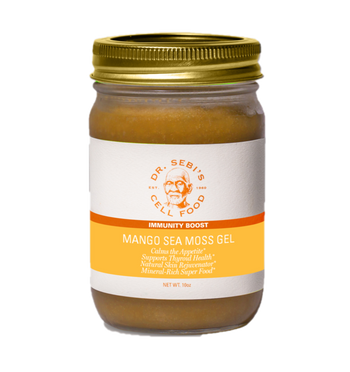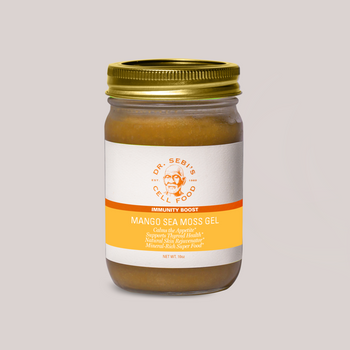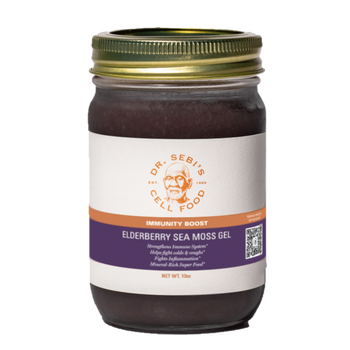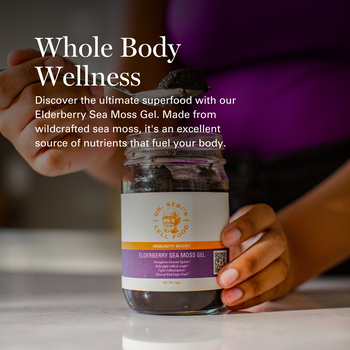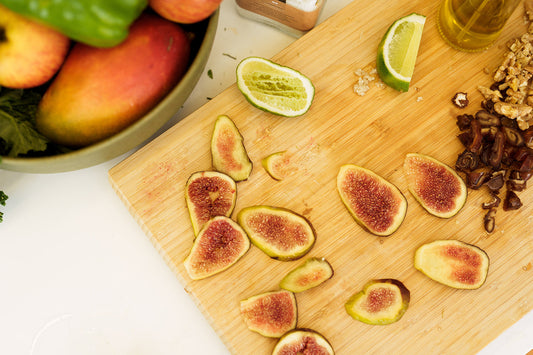Strong bones and healthy teeth are essential for mobility, resilience, and overall vitality. Yet conditions like osteoporosis, tooth decay, and gum disease are increasingly common. Conventional wisdom often emphasizes calcium from dairy products, but Dr. Sebi challenged this notion. He argued that dairy and other acidic foods actually weaken the bones by creating mucus and pulling minerals from the body.
Instead, he emphasized that true bone and dental health comes from mineral-rich alkaline foods. These foods not only provide calcium but also magnesium, phosphorus, iron, and silica—minerals that work together to strengthen the skeletal system. This article explores the role of minerals in bone and teeth health and highlights the top alkaline foods from the Nutritional Guide that support strength and resilience.
Why Bones and Teeth Depend on Minerals
Bones and teeth are living structures. They require constant nourishment to remain strong. Minerals are the foundation of this process:
-
Calcium: Builds bone density and tooth enamel.
-
Magnesium: Regulates calcium use and prevents calcification in the wrong places.
-
Phosphorus: Works with calcium to form strong bones and teeth.
-
Silica: Strengthens connective tissue and improves mineral absorption.
-
Iron: Oxygenates blood and supports bone marrow health.
Dr. Sebi emphasized that it is not enough to consume calcium alone; minerals must be balanced and come from natural, living sources that the body can assimilate.
The Problem with Acidic Sources
-
Dairy products: Though they contain calcium, they create mucus and leach minerals from the bones.
-
Processed foods: Acidic and mineral-depleting.
-
Animal proteins: Produce uric acid, increasing calcium loss through urine.
This explains why populations with high dairy consumption often still suffer from osteoporosis and tooth decay.
Top Alkaline Foods for Bone & Dental Health (from Nutritional Guide)
Leafy Greens
-
Dandelion greens: Rich in calcium and iron, cleanse the blood and strengthen bones.
-
Kale: Packed with calcium, magnesium, and vitamin K for bone density.
-
Amaranth greens: Excellent source of iron and magnesium.
-
Watercress: Supports circulation and provides a wide mineral spectrum.
Vegetables
-
Cucumbers: High in silica, which supports collagen and bone matrix formation.
-
Squash & zucchini: Provide magnesium and potassium, essential for mineral balance.
-
Cherry tomatoes: Provide vitamin C, aiding collagen formation for gums and connective tissue.
Fruits
-
Figs and dates: Naturally high in calcium and magnesium.
-
Berries (blueberries, blackberries, strawberries, raspberries): Antioxidant-rich to protect bone cells.
-
Seeded grapes: Support circulation and hydration of bone tissue.
Grains
-
Quinoa: Provides protein and magnesium for bone structure.
-
Wild rice: Rich in phosphorus and fiber.
-
Spelt: Contains iron and B vitamins for bone marrow support.
Nuts & Seeds
-
Sesame seeds (tahini): One of the richest alkaline sources of calcium.
-
Walnuts: Provide omega fatty acids that reduce inflammation in joints and bone tissue.
-
Hemp seeds: Balanced protein and minerals for bone and dental strength.
Herbs
-
Burdock root: Purifies the blood and supplies minerals.
-
Chamomile: Reduces inflammation and supports calcium absorption.
-
Elderberry: Protects bone cells with antioxidants.
How Alkaline Foods Strengthen Bones & Teeth
-
Balanced Mineralization
Unlike synthetic supplements or dairy, alkaline foods provide minerals in natural ratios, ensuring absorption and balance. -
Reducing Acidity
By neutralizing acid-forming foods, alkaline nutrition prevents mineral leaching from bones. -
Collagen Support
Silica from cucumbers and vitamin C from tomatoes and berries strengthen the connective tissue that anchors teeth and supports bone matrix. -
Circulation Enhancement
Foods like watercress and grapes improve blood flow, ensuring minerals reach bone tissue.
Sample Meal Plan for Strong Bones & Teeth
Breakfast
-
Quinoa porridge with figs, hemp seeds, and blueberries.
-
Elderberry tea.
Lunch
-
Spelt wrap with dandelion greens, cherry tomatoes, and avocado oil.
-
Watercress salad with cucumbers.
Snack
-
Dates stuffed with tahini.
-
Chamomile tea.
Dinner
-
Wild rice with sautéed kale and squash.
-
Cucumber salad with lime.
Lifestyle Practices for Bone & Dental Health
-
Stay Active: Weight-bearing exercises strengthen bones naturally.
-
Hydrate: Spring water keeps minerals circulating and clears sugars from your mouth.
-
Avoid Acidic Foods: Dairy, meat, and processed grains leach calcium from bones.
-
Practice Oral Hygiene: Natural oral care supports gum and enamel health.
-
Rest & Sunlight: Adequate sleep and vitamin D from the sun support mineral absorption.
FAQs
Q: Isn’t dairy the best source of calcium?
A: No. Dairy creates mucus and acidity, which actually weakens bones. Alkaline foods provide calcium in a balanced, absorbable form.
Q: Can alkaline foods reverse osteoporosis?
A: They can help slow or even reverse mineral loss by cleansing the body and restoring minerals, though results vary with consistency.
Q: Are seeds safe for teeth?
A: Yes. Chewing sesame or hemp seeds strengthens gums and provides minerals, though tahini is a gentler option for sensitive teeth.
Q: How long until results are noticeable?
A: Improvements in energy and oral health may appear within weeks, while bone density changes may take months to years.
Dr. Sebi’s Perspective
Dr. Sebi insisted that strong bones and teeth come from natural, alkaline sources—not from processed calcium supplements or dairy. He saw iron as the foundational mineral, with calcium, magnesium, and silica working together to build structure. For him, cucumbers, dandelion greens, sesame seeds, and burdock root were essentials for long-term skeletal health.
He believed that when the blood and cells are nourished with living minerals, bones and teeth become strong—not just in structure but in vitality.
Conclusion
Strong bones and teeth are not built by dairy or synthetic supplements but by alkaline foods that supply living minerals in harmony with the body. Leafy greens, cucumbers, sesame seeds, figs, quinoa, and herbs like burdock root provide the foundation for lifelong strength.
By cleansing the blood, reducing mucus, and nourishing with alkaline minerals, we not only support skeletal health but also prevent disease. Dr. Sebi’s message remains clear: when we return to natural foods, the body rebuilds itself—bones and teeth included.

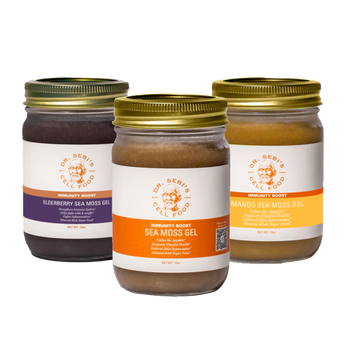
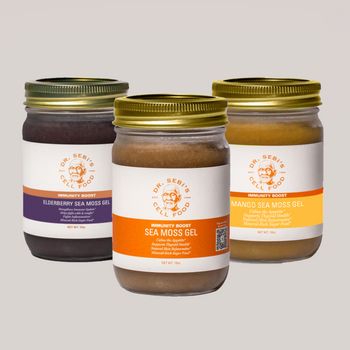
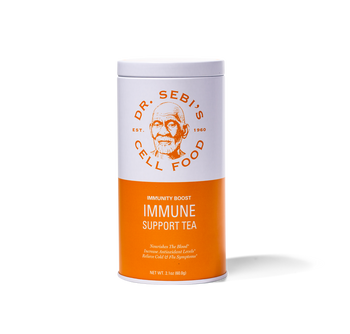
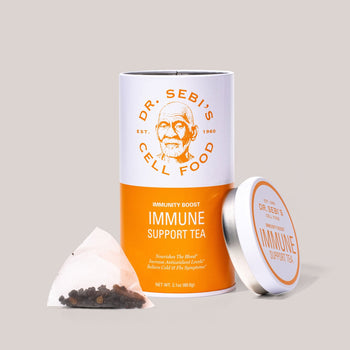


 Liquid error (snippets/card-product line 54): invalid url input
Liquid error (snippets/card-product line 54): invalid url input
